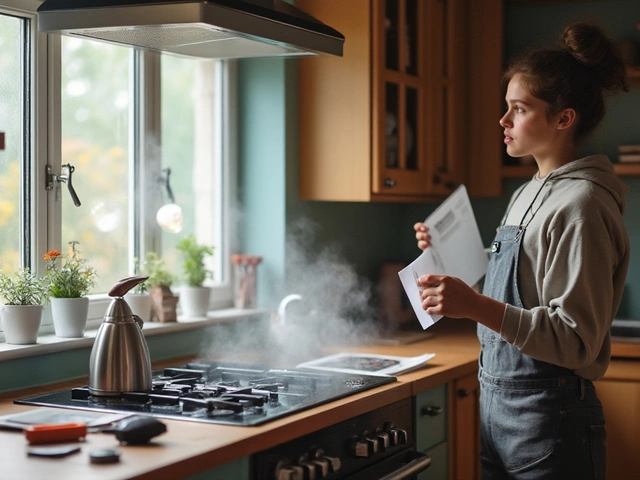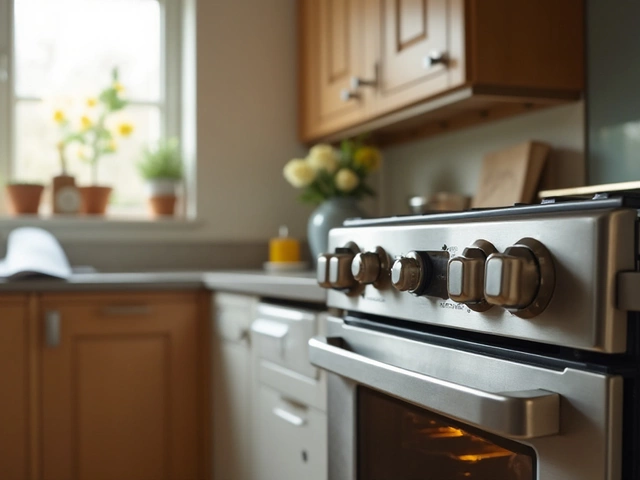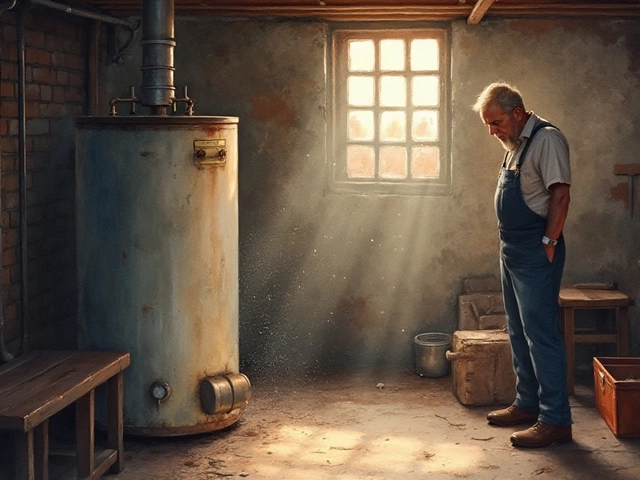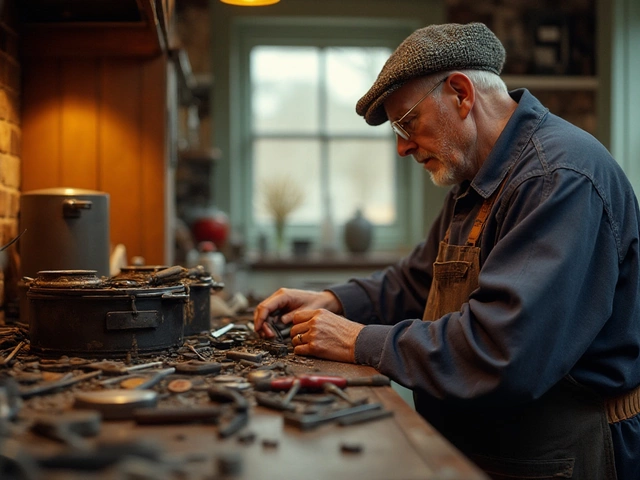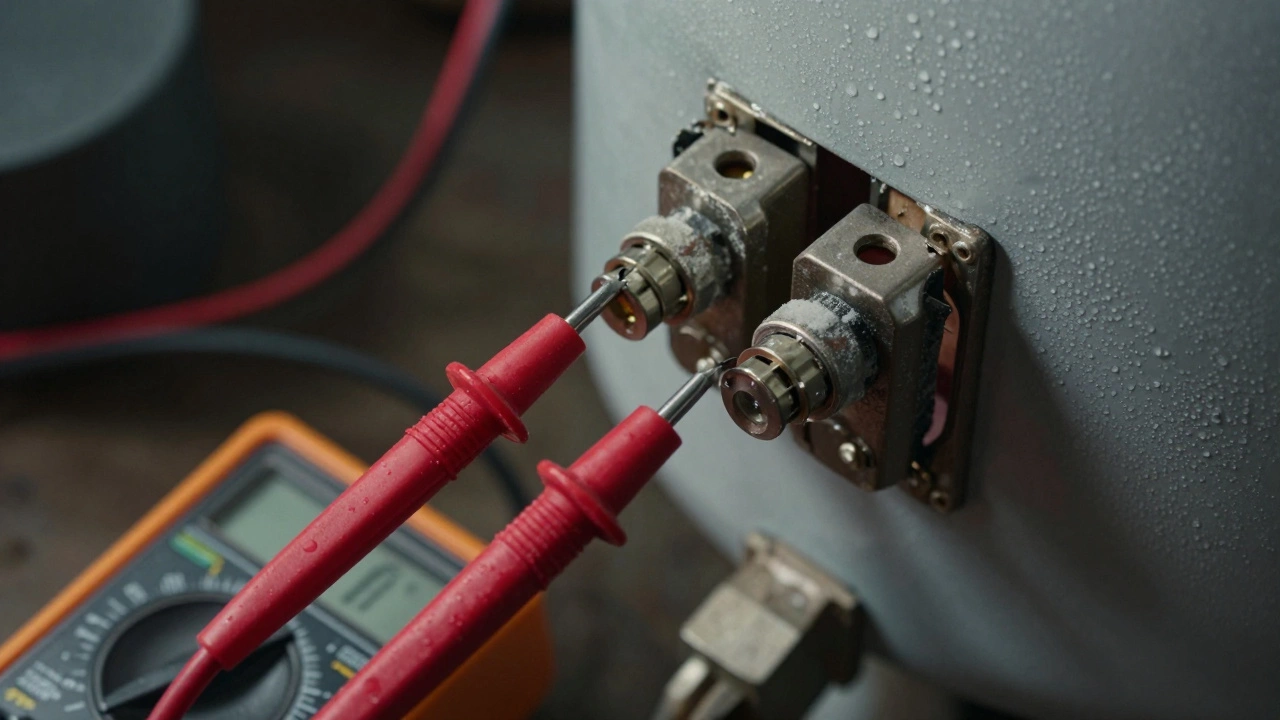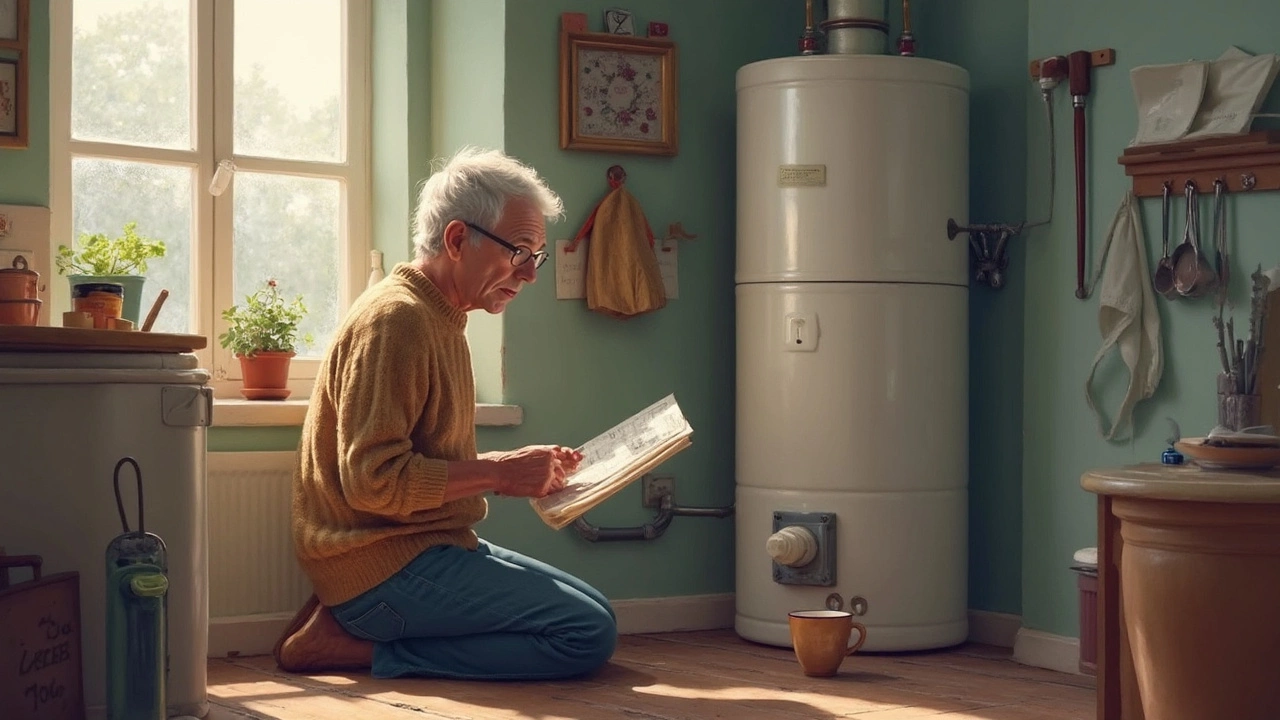Hot Water Problems – What to Do When the Heat Stops
Waking up to a cold shower is a nightmare, especially in Rugby’s chilly mornings. Most hot‑water hiccups are fixable, but you need to know where to look first. Below you’ll find the most common reasons your heater quits, simple checks you can do yourself, and clear signs it’s time to call a professional.
Why Your Hot Water Might Fail
Older electric water heaters often lose efficiency because the heating element corrodes. When that happens, the tank can’t raise the temperature and you end up with lukewarm or cold water. Gas‑fired models can suffer from a faulty thermostat, a blocked vent, or a malfunctioning ignition spark. In both cases, a sudden loss of hot water is usually a warning sign, not a one‑off glitch.
Another frequent culprit is sediment build‑up. Over time minerals settle at the bottom of the tank, insulating the heating element and forcing the unit to work harder. The result is longer heating times, higher energy bills, and eventually, a complete shutdown. A quick flush can clear the sludge, but if the tank is very old, replacement might be cheaper in the long run.
Leaking pipes or a cracked tank also steal heat. Even a small drip reduces pressure, making the heater think there’s less water to heat. That can trigger safety cut‑offs that leave you with no hot water at all. Check for puddles around the base of the unit; any moisture means you need a professional to diagnose the leak.
Fast Fixes and When to Call a Pro
Start with the basics: make sure the breaker or fuse for an electric heater is on, and verify the gas valve is open for a gas model. Reset the thermostat if it has a reset button—many units shut off automatically after an overheating event. If you hear strange noises, like popping or rumbling, that’s often sediment expanding; a flush should quiet things down.
If the heater still won’t heat, test the temperature setting. A thermostat set too low can make it seem like the system is broken. Raise it a few degrees and see if hot water returns after a short waiting period. While you’re at it, check the pressure‑relief valve; a leaking valve means the system is over‑pressurized and may need a new valve.
When DIY steps don’t bring the heat back, it’s time to get a qualified technician. Rugby Appliance Repair Services can diagnose faulty elements, replace broken thermostats, and safely handle gas connections. Trying to fix a gas valve yourself is dangerous and could void warranties. Our team arrives quickly, assesses the problem, and offers a clear quote before any work starts.
Regular maintenance saves money. Schedule an annual check‑up to flush the tank, inspect the anode rod, and test safety controls. A well‑maintained heater lasts longer and avoids surprise cold showers during the winter.
So, next time you’re shivering under a lukewarm tap, run through these quick checks. If the problem persists, don’t wait—call Rugby’s trusted hot‑water experts. We’ll get your water back to the right temperature fast, keeping your home comfortable and your energy bills in check.
